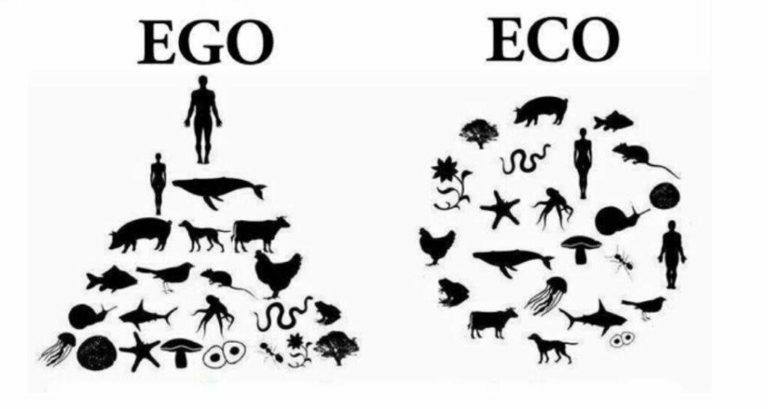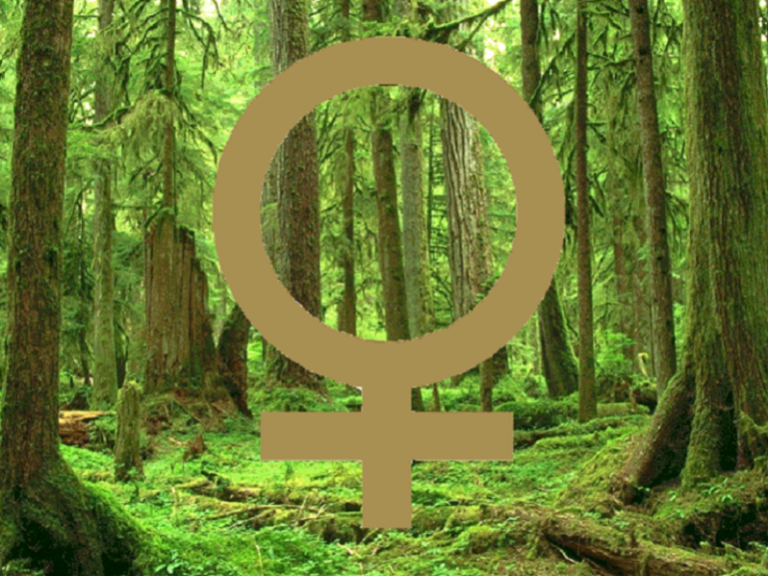The Importance of Women in the Fight Against Climate Change
By Azal Zahir

Picture source; https://steemit.com/art/@temeraire/mother-nature
Sustainable development requires action in the social, economic and environmental spheres.
And who run the world?
Girls.
It is women who fall forefront and foremost in the move toward such progress in all three domains. This was confirmed at the RIO + 20 agreement in 2012 and has since been in dialogue at the Conference of the Parties (COP) talks on climate change.
In an environmentally degraded world, it has become more and more imperative to break the barriers that keep women from achieving their goals in employment, education, health, research, science and engineering.
In the wake of International Women’s day on 8th March 2019, we think it is extremely important to highlight the importance of women this 15th March 2019 on Climate Action day.
1) The Social Sphere (Women call the shots that has a snowball effect)

It is crucial that we recognise women as the decision makers, stakeholders, educators, primary caretakers and experts across sectors and at all levels. Without them there are no successful and long-term solutions to climate change.
Women have not only proven themselves across all fields be it science, business, education or social work, but they have done it with their families in tow. This means they are still the key decision makers in the household which determines buying choices that steer the market. Empowering women in the fight against climate change can potentially change consumerist trends and the capitalist society all together.
Simultaneously, all values that are instilled within the society, begin at home. If mothers can strengthen the values of their children, they will be sending global change makers into the world who are prepared with the values and skill sets they need to survive in the anthropogenic age.
2) The Economic Sphere (More economic empowerment for women, less injustice towards women and children)

According to UN Women, almost a third of women globally are working in the agriculture, fishing or forestry sectors. Lest we forget, most of these women may be self-employed or unpaid family workers living in rural areas.
These traditional roles that they are expected to fulfil puts them at the forefront of natural disasters. This means, when the soil is degraded, when an area floods, or drought hits, when fish die in incalculable numbers or when forests disappear, women and their children are the first to be affected in poor and rural areas.
Restricted land rights, lack of access to financial resources, training and technology, and limited access to political decision-making often prevent them from playing a full role in tackling climate change and other environmental challenges.
More economically empowered women will not only ensure health, food, political and financial security for poorer women, but bring a move towards more environmentally friendly decision making.
3) The Environmental Sphere (Women have the best ideas and solutions!)

Women play a crucial role in climate change solutions, adaptation and mitigation. They have the knowledge, empathy and understanding of what is needed to adapt to changing environmental conditions and to come up with practical solutions. They are experts in local and traditional techniques. They are also the first to experience the effects of environmental degradation. Thus they have sound knowledge and the know-how to tackle issues in an innovative and holistic manner.
Yet they are still a largely untapped resource. Unleashing the knowledge and capability of women represents an important opportunity to craft effective climate change solutions for the benefit of all!
Across sectors, women’s innovations and expertise have transformed lives and livelihoods, and increased climate resilience and overall well-being. Women have proven to be leading the way towards more equitable and sustainable solutions to climate change.

